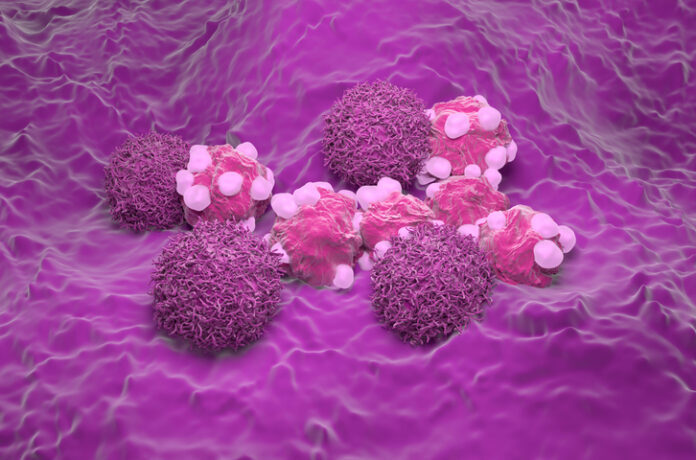BREAKING: Researchers at Chiba University have unveiled a groundbreaking intranasal nanogel vaccine that shows potential for treating existing cervical cancer, a condition currently limited to invasive treatments like surgery and chemotherapy. This urgent development was published in Science Translational Medicine, marking a significant milestone in cancer therapeutics.
The innovative vaccine targets the E7 oncoprotein produced by human papillomavirus (HPV)—the primary cause of cervical cancer. Led by Dr. Rika Nakahashi-Ouchida and Hiromi Mori, the research highlights a therapeutic approach that not only activates local immune responses but also significantly slows tumor growth in preclinical animal models.
Cervical cancer remains a pressing global health challenge, with approximately 670,000 new cases and 350,000 deaths reported worldwide in 2022, according to the World Health Organization. This disease disproportionately affects women in low- and middle-income countries, where access to preventive measures is limited. The need for non-invasive, effective treatment options has never been more urgent.
The Chiba University team developed the vaccine using cationic cholesteryl-group-bearing nanogels (cCHP) to directly deliver HPV antigens to the nasal mucosa. These nanogels adhere to the nasal surface and gradually release an antigen payload, offering a promising alternative to traditional therapies that can compromise fertility and quality of life.
In their study, the researchers combined the E7 antigen with cyclic-di-AMP (c-di-AMP), an adjuvant that enhances T-cell-mediated immunity. When administered intranasally to mice and macaques, the vaccine resulted in remarkable immune responses. In mice, tumor growth was significantly inhibited, while in macaques, strong E7-specific killer T cells were sustained for up to four months after the final dose.
“We have developed an intranasal therapeutic vaccine as a nonsurgical alternative to conventional treatments,” stated Dr. Nakahashi-Ouchida. The findings underscore the potential of nasal delivery to stimulate mucosal immunity, paving the way for innovative therapeutic strategies against HPV-driven cancers.
The implications of this research extend beyond cervical cancer. As the team notes, immunotherapies such as intranasal vaccines could establish a new category of non-invasive treatments, potentially revolutionizing how chronic diseases are managed. The ability to preserve fertility while improving quality of life for patients suffering from cervical cancer is a significant breakthrough.
As further clinical testing is anticipated, the Chiba University team’s work is a beacon of hope for millions of women worldwide. This innovative approach could reshape the landscape of cervical cancer treatment, making it safer and more accessible.
Stay tuned as we continue to monitor this developing story and its potential impact on global health. The future of cervical cancer treatment may be closer than ever, thanks to this promising new vaccine.







